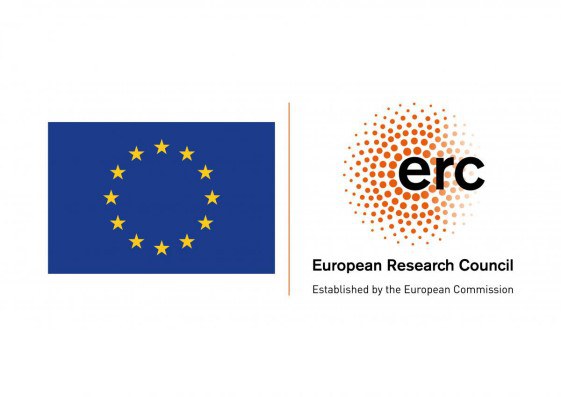PostDoc - Interactions, Superconductivity, Catalysis and Topology In Flat Bands (Closed)
bernevig@gmail.com
We are currently accepting applications for the above mentioned position. This is a unique opportunity for junior researchers with a recent PhD degree in Physics or related fields to join one of DIPC’s high-profile research teams.
The role
The work proposed of the candidate involved research in Fractional Chern Insulators, Twisted Bilayer Graphene, quantum spin liquids, and Kagome metals.
The observation of FCI in TMD Moire superlattices and its absence in twisted bilayer graphene raises questions of why graphene is less favorable to FCI. The absence of strong spin-orbit coupling (SOC) in graphene might be a key factor. By introducing SOC through proximity to a TMD layer, we can overcome this limitation and realize FCI in graphene. Future research will explore FCI realization in twisted bilayer graphene (TBG) near TMD layers, focusing on optimal conditions for flat Moire bands and identifying FCI phases through exact diagonalization. This study will address the feasibility of FCI under realistic conditions and the required SOC strength.
The unique properties of Moire superlattices open up various application possibilities, including the quantum twisting microscope technique for detecting quantum spin liquids. This method, particularly useful in graphene Moire superlattices, offers detailed insights into the spinon spectrum. Future research will investigate how to utilize this technique to identify phase transitions in quantum spin liquids, including the spin liquids obtained in CDW star of David materials.
The possibility of loop current order (LCO) in kagome metals suggests new research avenues, such as developing an effective Hamiltonian to understand the interplay between superconductivity and charge density wave order parameters, especially in the context of time-reversal symmetry breaking. Additionally, the out-of-plane Sb sites play an important role in the formation of LCO, which indicates the possibility of having an electric current that flows from V to Sb sites, resulting in a three-dimensional LCO away from the kagome plane. Investigating the nature of this unconventional LCO will provide insights into the origin of superconductivity in kagome materials.
Desired background & competences
The successful candidate needs to have a combination of numerical and analytical skills in many areas of physics, including but not limited to exact diagonalization, effective models, monte-carlo methods, field theoretical calculations and others. The candidate must be able to effectively interact with ab-initio researchers performing calculations on realistic materials.
Working conditions
- Estimated annual gross salary: Salary is commensurate with qualifications and consistent with our pay scales
- Target start date: 2024/09/01
We provide a highly stimulating research environment, and unique professional career development opportunities.
We offer and promote a diverse and inclusive environment and welcomes applicants regardless of age, disability, gender, nationality, ethnicity, religion, sexual orientation or gender identity.
The center
About the team
The project is led by Prof. B. Andrei Bernevig. Since 2022, he has been a visiting Ikerbasque Professor at DIPC, where he leads an ERC project named Superflat. The candidate will join an experienced team based in Donostia, at DIPC.
How to apply
Interested candidates should submit an updated CV and a brief statement of interest to the following application email below.
Reference letters are welcome but not indispensable.
The reference of the specific opening to which the candidate is applying should be stated in the subject line, and the application must be received before the application deadline.
Although candidates are welcome to contact the project supervisors to know further details about the proposed research activity, please be aware that the application will be evaluated only if it is submitted directly to the email address listed below as application email.
- Reference: 2024/14
- Application deadline: 2024/04/21
- Application email: jobs.research@dipc.org
Selection process
Applications received by the deadline will be evaluated by a Committee designed by the DIPC board on the basis of the following criteria:
- CV of the candidate (40%)
- Adequacy of the candidate’s scientific background to the project (40%)
- Reference letters (10%)
- Other: Diversity in gender, race, nationality, etc. (10%)
Evaluation results will be communicated to the candidates soon after. Positions will only be filled if qualified candidates are found.
The DIPC may revoke its decision if the candidate fails to join by the appointed time, in which case the position will be awarded to the candidate with the next highest score, provided it is above 50 (out of 100).
However, the selected candidate may keep the position if, in the opinion of the Selection Committee, the candidate duly justifies the reasons why he or she cannot join before the specified deadline, and as long as the project allows it.
This project has received funding from the European Union’s grant program “Horizon 2020-SUPERFLAT” under grant agreement 101020833

